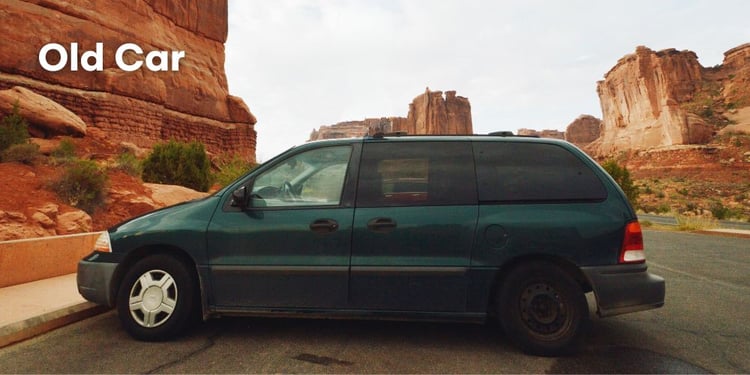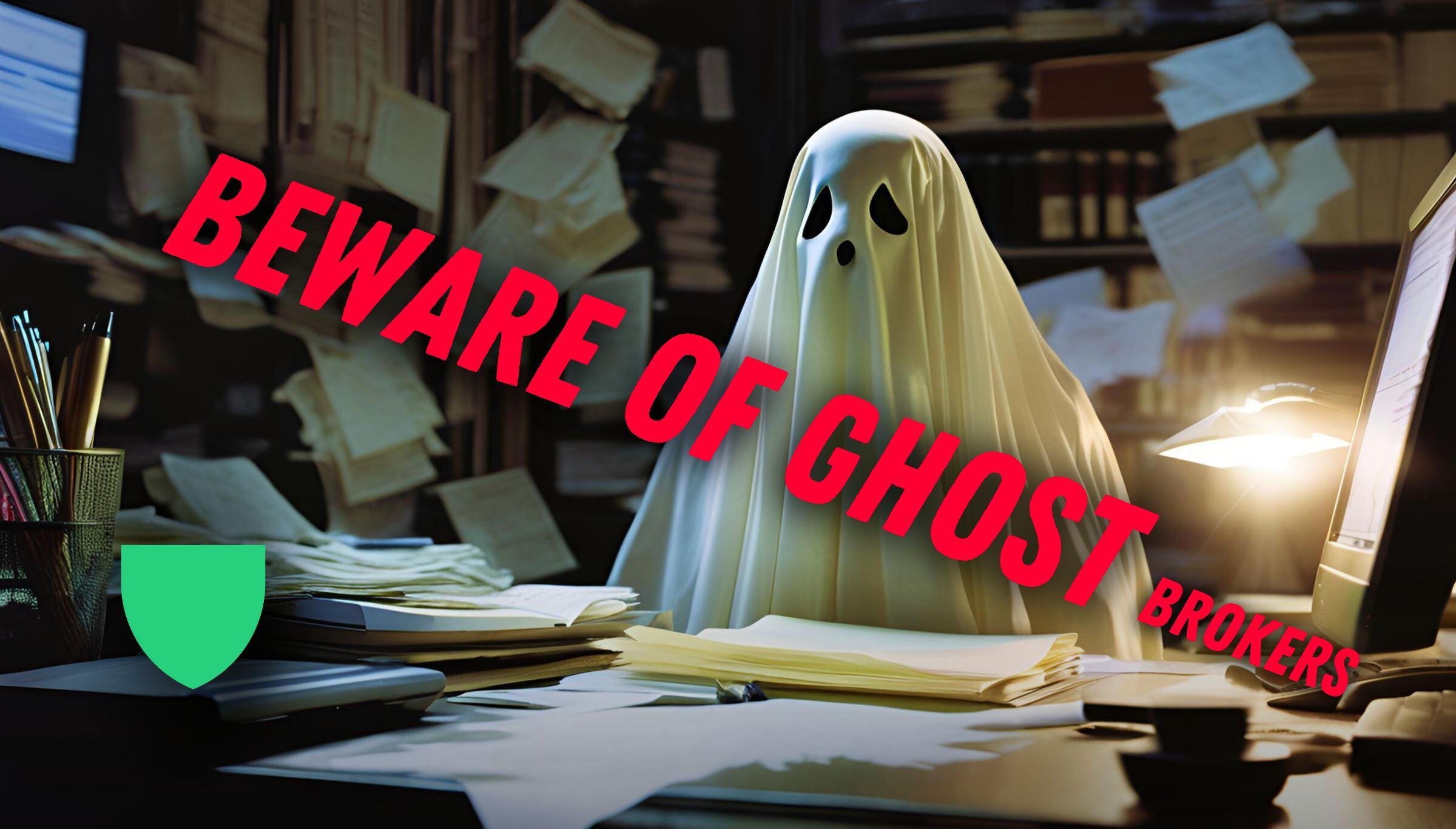When it comes to car insurance, many drivers wonder if owning an older car means lower insurance rates. While it's true that some aspects of insuring an older vehicle can be less expensive, it's not always the case. This article will help clarify the difference between older cars and classic cars and some of the other factors that go into your car insurance premium.
What is an “older” car?
The first question that needs to be answered is what is considered an “older” vehicle? A model T Ford would certainly be considered an older vehicle, but that is clearly not what someone is referring to.
Generally speaking, an older vehicle refers to a non classic/antique vehicle that is 12-30 years old. Most insurance providers will ask for an insurance inspection to be done on a vehicle once they reach twelve years old.
What is the difference between a classic/antique vehicle and an older vehicle?
The next important distinction to make is the difference between a classic vehicle and an old vehicle. A classic car is generally defined as a vehicle that is at least twenty years old and has historical, cultural, or aesthetic value. Classic cars are typically rare or unique, and may have been produced in limited quantities. They often have distinct styling or features that set them apart from other cars of their era, and may be sought after by collectors or enthusiasts.

An old car is simply a car that is older than a certain age (usually older than twelve years). Old vehicles may or may not have any special historical or cultural significance, and they may not be particularly rare or sought after. A 1995 Toyota Corolla or Honda Civic would not fall under the parameters of a classic vehicle.

In terms of insurance, classic cars and old cars are insured completely differently. Classic cars may be covered by specialty insurance policies that take into account their unique value and collectible status. These policies may have different coverage limits, deductibles, and requirements than standard auto insurance policies. Old vehicles will be insured through a standard auto insurance policy.
Key factors Determining how much it costs to insure an older car
- Type of Coverage
- Value of the Car
- Driving Record
Type of Coverage/Value of the Car
Like most car insurance, a major factor in the cost of the insurance is the type of coverage you have on your policy. Collision and comprehensive insurance provide the most coverage for your vehicle, but it might not be worthwhile to carry those coverages if your vehicle doesn't hold substantial value. Carrying only liability insurance doesn't provide any coverage for your vehicle in the event of an accident, but it does cover damage to other persons or property.
If your vehicle is worth $1,000-$3,500 it might not be worthwhile to carry collision and comprehensive coverage on your vehicle. Carrying only liability insurance will offer the least expensive insurance policy. If your vehicle is worth $3,500 or more and your deductibles is between $500-$1,000, it might be worthwhile to maintain collision and comprehensive insurance. This is of course dependent on your own personal preference and risk tolerance.
Driving Record
Your driving record is also an important factor in determining you car insurance rates. Younger drivers with less experience and higher grid rates can expect to pay more for insurance, regardless of the age of their vehicle. Drivers with convictions (tickets or criminal charges) or at-fault accidents will pay more for their car insurance.
Ways That Older Vehicles are Cheaper to Insure
- Full Ownership of the Vehicle (Not Financed)
- Lower Replacement Cost
Full Ownership
Having 100% equity in a vehicle allows for greater flexibility with the type of insurance coverage you have on a vehicle. If you're financing a vehicle, you're required to maintain full collision and comprehensive insurance. As previously stated, this provides the greatest protection to your vehicle, but also comes at a significantly higher price. Full ownership gives you the flexibility to drop collision and comprehensive coverage in favor of cheaper liability only coverage. Again, this is of course contingent on your personal preferences and risk tolerance.
Lower Replacement Cost
With the introduction of DCPD for auto insurance in Alberta, insurers will often provide lower rates to vehicles with lower replacement costs. In the event of a not-at-fault accident with a total loss to the vehicle, the insurance company would need to pay out considerably less for an older vehicle than a new vehicle.
Note that this only applies to not-at-fault accidents. At fault accidents are only protected under collision coverage.
Conclusion
Do old cars cost less to insure? Sort of. If you own your older vehicle outright, you have no tickets or at-fault accidents, and you only maintain basic liability coverage on your vehicle, then you will likely have cheaper car insurance. If you have two distracted driving tickets, an at-fault accident, and you're looking for collision and comprehensive coverage, then you're going to pay a considerable amount for your car insurance. At the end of the day, your car insurance should be about weighing your own risk tolerance against the financial consequences.
Need help to get the coverage you're looking for? Talk to your broker about your options.
or







